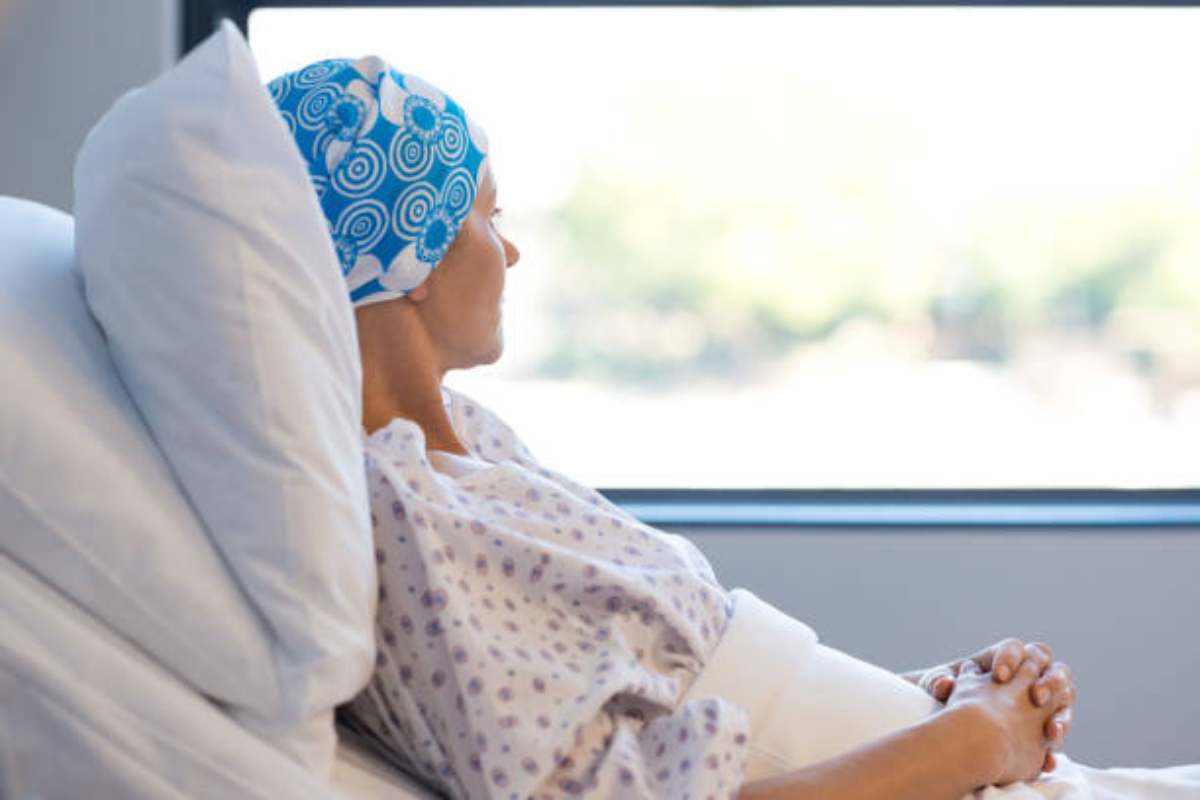Ranitidine is used to treat and prevent gastric ulcers. A recent study evaluated the records of 12,680 ranitidine users and 12,680 other H2RA (ranitidine-like medicines) users retrospectively.
The study was conducted in South Korea on the alleged link between the use of ranitidine and cancer, which has concluded the debate on the alleged link between the use of ranitidine and the risk of cancer. The publication of
the study in the prestigious journal ‘Nature’ further authenticates the findings of the study.
Advertisement
N-nitroso dimethylamine (NDMA) is a probable human carcinogen, based on laboratory studies, its effects on humans rely on observational studies. Following the detection of unacceptable levels of NDMA impurities in many ranitidine products in 2019, measures were taken to withdraw ranitidine from the market.
Speaking about the research and negating the risk of the association of cancer with the use of ranitidine, one of the lead researchers, Ju-Young Shin, Sungkyunkwan University, Seoul, Republic of Korea and his colleagues stated: “We found no association between ranitidine with potential NDMA impurities and risk of major individual malignancies and overall cancer.”
“The debate on ranitidine and its association has been going on for three years; however, the bug (molecule) has been in the market for over 4 decades. And I am the one who has been doing this for almost 40 years. All of us have used it over the years for treating our patients for indigestion, heartburn and acid reflux,” said Dr Subhash C Jain, former Senior Preventive Cardiologist at G B Pant Hospital, MAMC, Delhi.
“In my practice, I haven’t come across a single patient so far resulting in cancer while using. The latest retrospective study published in Nature provides substantial evidence that it is safe to use in aforesaid indications,” added Dr Jain.
Ranitidine has been in existence for over four decades and has been on the WHO list of essential medicines for several years. It is commonly used in the treatment of peptic ulcer disease, gastroesophageal reflux disease, and Zollinger–Ellison syndrome. Large and small pharmaceuticals manufacture it.
“The South Korean retrospective study published in nature has further affirmed the findings of previous studies concluding no association between ranitidine and cancer,” said Dr Manoj Kumar, Senior Director & Unit Head – Cath Lab, Cardiac Sciences, Max Super Speciality Hospital, Patparganj, New Delhi.
“The molecule has a history of 43 years and is safe to use as per available scientific evidence. I use Ranitidine as co-prescription with dual antiplatelet therapy for my cardiac patient along with various GI indications,” added Dr Kumar.
The recent study provided no evidence of the association of NDMA impurities in ranitidine products with cancer risk, which further substantiates the US district court findings in which the Florida court dismissed almost 2,500 lawsuits alleging links between heartburn medication Zantac (Ranitidine) and cancer.
The judge had said that almost 2,500 lawsuits filed in federal court by plaintiffs were based on flawed science and that the only reliable testing of the blockbuster drug undertaken showed an ‘unprovable risk of cancer.’
